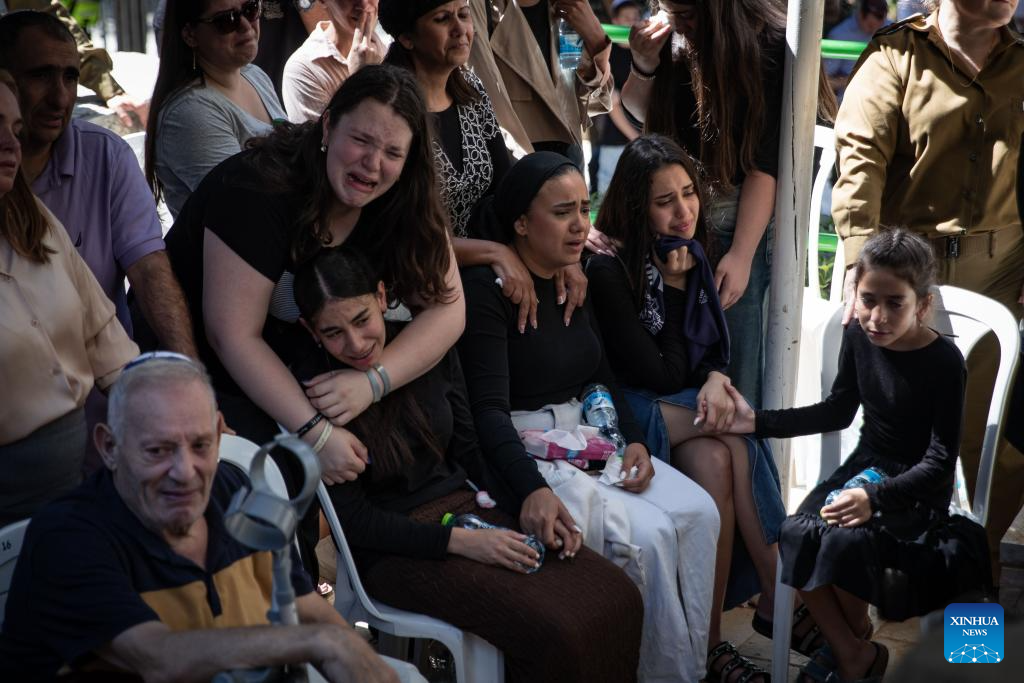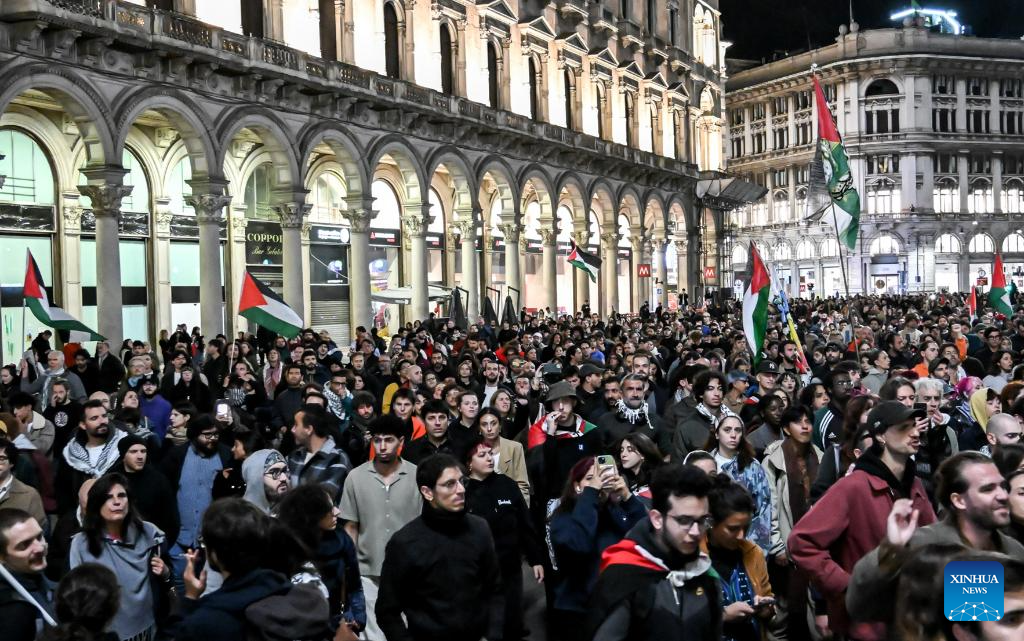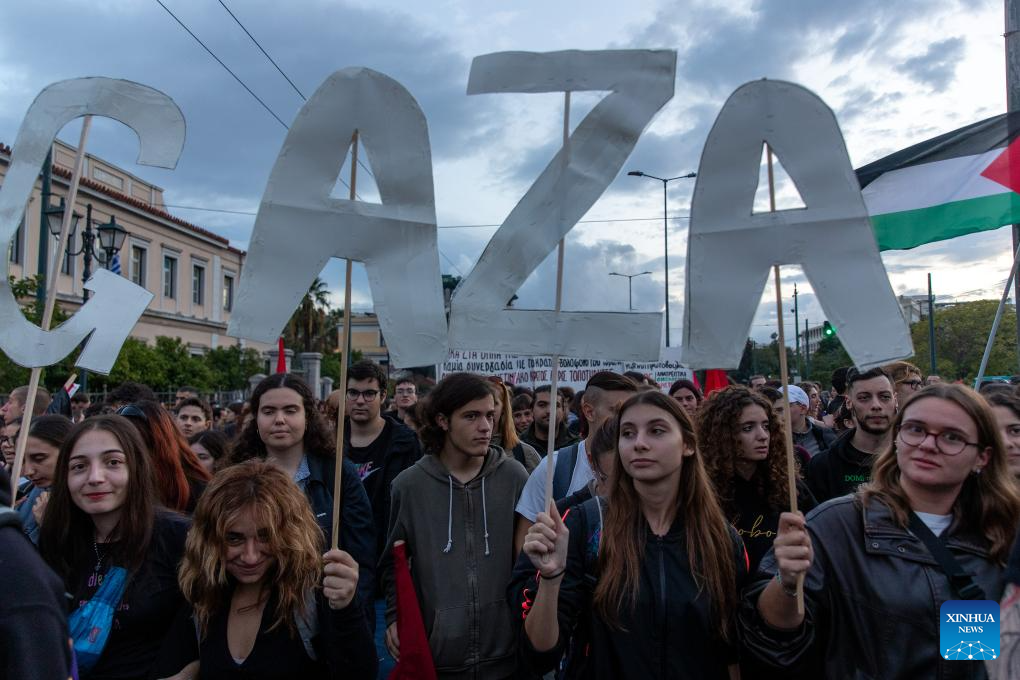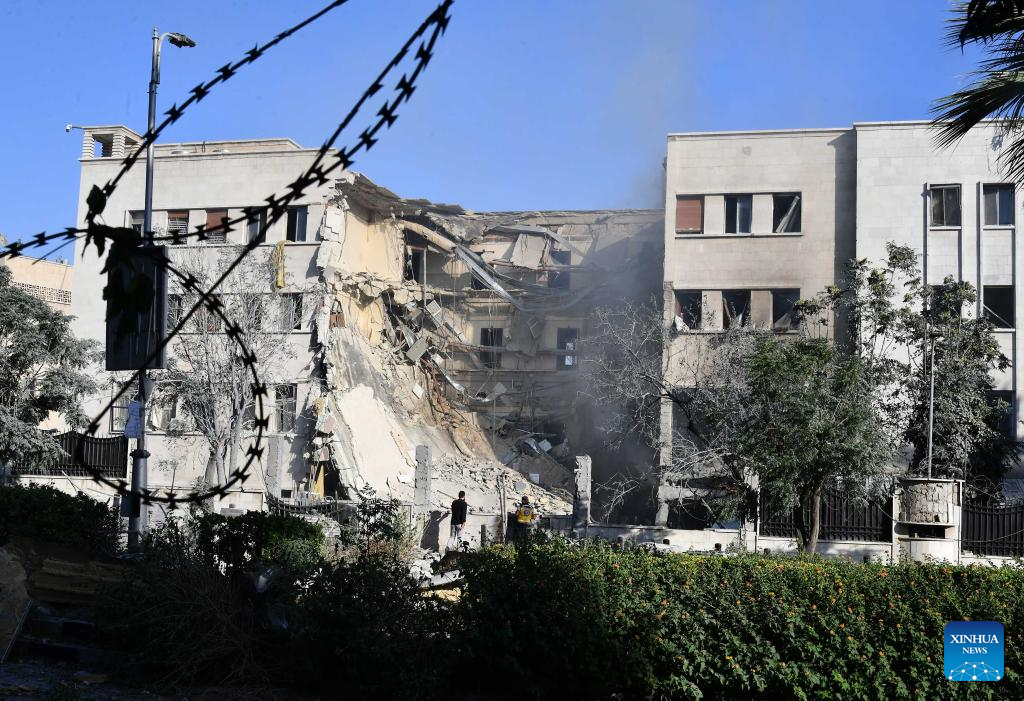As people are trying to heal from the scars of war and resume their everyday lives, for those of us living in Israel, normalcy feels like an illusion — fleeting, easily shattered at any moment by the haunting, all-too-familiar wail of a siren
On the surface, life in Israel appears to have returned to normal following days of tense exchanges of strikes with Iran. Cafes are crowded again. Evening traffic on highways stretches in long lines. Airliners glide over Tel Aviv’s skyline.
Between June 13 and 24, Iran reportedly launched around 550 ballistic missiles and over 1,000 drones in response to Israel’s preemptive military strikes, according to the Israeli military. This resulted in 28 deaths and thousands of injuries. On the other side, the Iranian Health Ministry reported that nearly 1,100 people were killed during Israel’s unprecedented airstrikes deep within Iranian territory.
In just 12 days, the toll was brutal on both sides: Homes were reduced to rubble, lives were torn apart, and deep physical and emotional scars were created, even after a fragile ceasefire was established.
Though the guns have mostly fallen silent, the air remains thick with unease. In Israel, the Houthis in Yemen have intermittently resumed missile attacks, claiming that they have targeted critical infrastructure such as the Ben Gurion Airport in Tel Aviv.
As people are trying to heal from the scars of war and resume their everyday lives, for those of us living in Israel, normalcy feels like an illusion — fleeting, easily shattered at any moment by the haunting, all-too-familiar wail of a siren.
Since Israeli Prime Minister Benjamin Netanyahu declared a “state of war” with Hamas on Oct. 7, 2023, Israel has been fighting on multiple fronts. Over the next 21 months, the country accelerated efforts to upgrade its early warning systems amid an increasingly unpredictable security environment.
“Missiles expected within minutes. Seek shelter immediately!” The message kept flashing across my phone screen whenever there were strikes.
A new kind of early warning system was widely deployed in Israel during the escalation with Iran. It was first put to the test in combat on Oct. 1, 2024, when Iran launched a missile attack. The system uses cell broadcast technology to send emergency alerts directly to mobile phones in targeted areas. No app is needed. No registration is required. Just buzz, flash, and run.
Before this upgrade, things worked differently. Only users who had installed specific apps like the Home Front Command or Tofar could receive early warnings. Technology has been evolving in real time, driven by the demands of the ongoing conflict. On May 4 this year, a hypersonic missile launched by the Houthis narrowly missed Ben Gurion Airport, landing just over 300 meters from the terminal. This interception failure sparked widespread public anxiety in Israel.
Shortly after, a new app-based alert system was introduced — a “warning before the warning” mechanism. It gives residents up to three extra minutes to react before missile strikes, marking a major technological breakthrough. But it’s also a sobering reminder of how deeply war has become part of daily life.
“When the alert comes, you get extra minutes — to run, to hide, or to finish your coffee,” a 60-year-old Israeli named David, who gave only his last name, told me in a cafe in Jerusalem.
He sipped espresso not far from a public bomb shelter, holding a copy of the newspaper Israel Hayom, which had war news splashed across its front page.
After 21 months of war, alerts no longer seem to shock. Some choose to hide, others ignore them, and some have even uninstalled the apps. The emotional divide continues to grow — not only between Israel and its enemies, but also within Israeli society itself.
For many, these alerts signal the need to take cover. For me, as a journalist, they are a prompt to act. Whenever a siren sounded, I had to respond immediately. Whether it was day or night, weekday or weekend, I was always on standby. The war did not pause, and I could not afford to, either.
One of the most visible changes brought by the ongoing conflict is the ubiquity of shelter signs across Israel — painted on walls, placed above stairwells, pasted inside staircases. Having reported from Jerusalem for over three years, I have watched the city transform: New shelters being built, old ones reopened. The sirens that once made me flinch now just feel normal, like background noise.
For many in Israel, myself included, the challenge now lies in navigating life amid relentless siren warnings while yearning for a return to normalcy. It is a constant tension — between hoping for peace and bracing for chaos, between the illusion of calm and the knowledge that it won’t last. We learn to live with it, but true adaptation remains out of reach.
In a park in Jerusalem, I ran into Shira, a university student, who was out jogging as the sirens blared, warning people to seek shelter from incoming attacks. But she just paused for a moment as her phone beeped, then kept running without a care. “It has been too long,” she said, shrugging, and gave a small, resigned smile. “I know I may be in danger, but we have to live, right? We can’t hide in shelters forever.”














